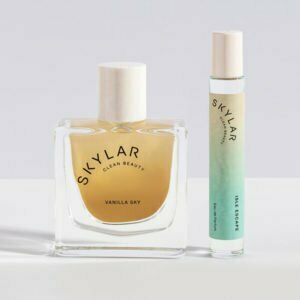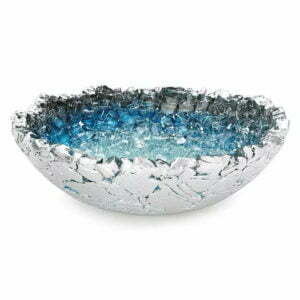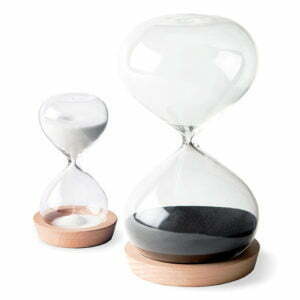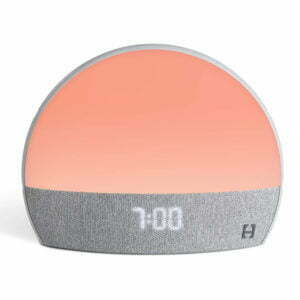Maturing and aging are natural processes that individuals may experience in different ways depending on how they maintain their health, the lifestyle they lead, the environment they live in, and their genetics. Physical changes can happen as a person gets older. For women, one such change that occurs is menopause—the natural end of a woman’s menstrual cycles and pregnancy ability.
Women reach menopause after going 12 months with no menstrual period. The stage leading up to a woman’s last period is perimenopause. The perimenopause transition stage can last anywhere from a few months to four years and ends once a woman goes one year or longer without a period. After menopause, a woman’s body produces lower levels of the hormones progesterone and estrogen. As a result of decreased estrogen, women may experience common telltale menopause symptoms like hot flashes, migraines, vaginal dryness, mood swings, chills, night sweats, and disturbed sleep. Considering this natural process generally impacts women in their 40s and 50s—with 51 years old being the average onset age in the U.S.—some women may question if they’re experiencing early menopause if they demonstrate symptoms younger than the typical onset age. Do younger women experience menopause? Read on below for information regarding if and how this process impacts younger women.
What causes menopause?
When menopause occurs naturally, it’s because a woman’s ovaries no longer make estrogen and progesterone and stop releasing functioning eggs, reducing a woman’s fertility. Females have approximately one million to three million eggs at birth and an estimated 400,000 eggs when they have their first menstrual period. By the time a woman reaches menopause, however, she may have less than 10,000 eggs. Women lose a small percentage of eggs during regular ovulation—the monthly cycle—and lose most eggs in a process known as atresia.
Younger and older women will experience immediate menopause if they undergo an oophorectomy, a procedure that removes the ovaries. In this case, symptoms of menopause like hot flushes and mood changes can be intense because the low estrogen levels and hormonal changes happen suddenly rather than gradually.
Radiation therapy and chemotherapy can also be contributors. Women who receive chemotherapy may still need to take birth control measures because menstruation and fertility cessation aren’t always permanent following this cancer therapy. Radiation therapy, however, only impacts ovarian function if a woman receives radiation directed toward the ovaries rather than treatment to the neck or head.
Why do younger women experience early or premature menopause?
An estimated five percent of women go through this process early, usually due to the ovaries’ failure to produce normal hormone levels because of autoimmune disease or genetic factors. In such cases, doctors and health professionals may recommend hormone therapy as a treatment option until the natural onset age of menopause in order to protect the woman’s bones, heart, and brain.
Younger and older women experiencing irregular periods, vaginal dryness, trouble sleeping, mood changes, low libido, and other symptoms should consider using a menopause tracker to monitor their perimenopause symptoms and menopause symptoms. A menopause tracker built by women and data scientists can help menopausal women address the complexity, unpredictability, and uniqueness of their symptoms. Such a tracker can help perimenopausal, menopausal, and postmenopausal women find the support, relief, and answers they need during the natural menopause transition.
By using a tracker, women can log the frequency, severity, intensity, and duration of their symptoms and more custom insights. Comparing symptoms with those of women the same age and receiving explanations for what’s happening in the body to produce symptoms can help improve women’s health and enable them to control their condition better.
Making lifestyle changes such as using a period tracker and menopause tracker, getting regular exercise, and eating fruits, vegetables, grains, and chickpeas can help women cope with this natural process. Likewise, visits to a local boutique specializing in fashionable women’s clothing and accessories can also help perimenopausal, menopausal, and postmenopausal women. For women living in Portland Oregon, for example, shopping at a women’s boutique in Portland, OR, and purchasing stylish clothes and jewelry can be a confidence booster that enables them to look good and feel good during such an unpredictable life change.









